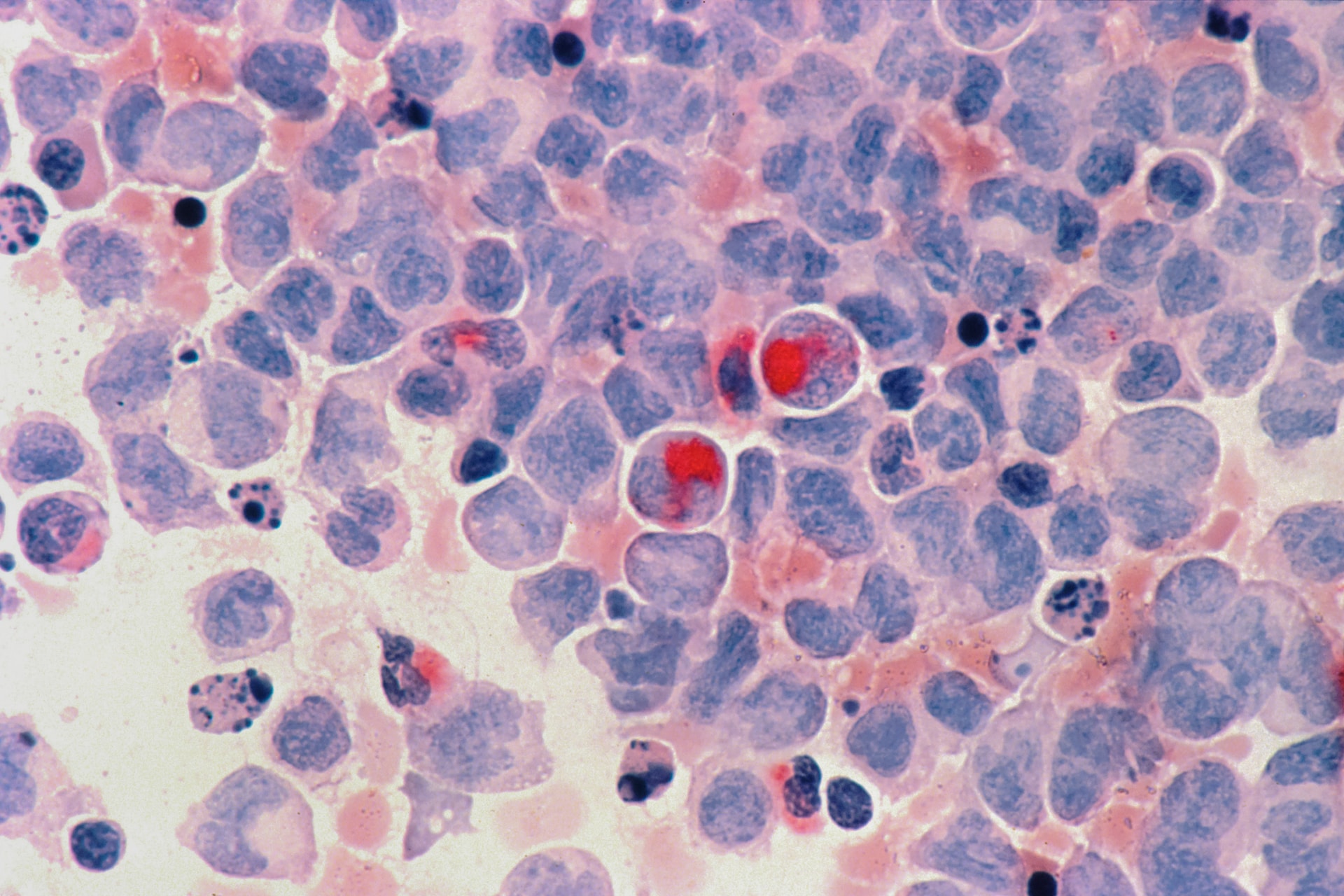The Significance of Health Screenings
Health screenings are a proactive approach to staying well. They are designed to detect health conditions early, often before symptoms manifest. Early detection allows for timely intervention, which can significantly improve outcomes and quality of life.
1. Blood Pressure Screening
High blood pressure, or hypertension, is often called the “silent killer” because it can damage your arteries and vital organs without noticeable symptoms. Regular blood pressure screenings are essential to catch this condition early.
2. Cholesterol Testing
Cholesterol levels are closely linked to heart health. A simple blood test can reveal your cholesterol levels, including LDL (low-density lipoprotein) and HDL (high-density lipoprotein). Elevated LDL cholesterol is a risk factor for heart disease.
3. Blood Glucose Testing
Monitoring your blood glucose levels is vital for diabetes prevention and management. High blood sugar levels can indicate prediabetes or diabetes, conditions that require early intervention.
4. Mammography
Mammograms are crucial for breast cancer screening, especially for women over 40. Detecting breast cancer in its early stages greatly increases the chances of successful treatment.
5. Pap Smears and HPV Testing
Regular screenings for cervical cancer, such as Pap smears and HPV tests, are recommended for women starting at age 21. Early detection can prevent the development of this highly treatable cancer.
6. Colonoscopy
Colorectal cancer is one of the most common cancers worldwide. A colonoscopy is a screening tool that can detect precancerous growths or colorectal cancer in its early stages.
7. Bone Density Testing
Bone density scans, often called DXA scans, can assess your risk of osteoporosis. Early detection allows for preventive measures to maintain bone health.
8. Eye Exams
Regular eye exams are not only essential for clear vision but also for detecting eye conditions like glaucoma and cataracts. They can also reveal signs of systemic diseases such as diabetes and hypertension.
9. Skin Cancer Screening
Skin cancer screenings by a dermatologist can identify suspicious moles or growths early, increasing the likelihood of successful treatment.
10. Prostate-Specific Antigen (PSA) Test
For men, the PSA test can help detect prostate cancer in its early stages. However, it’s important to discuss the risks and benefits with your healthcare provider.
Conclusion
Health screenings are the first line of defense in preventive healthcare. They empower you with knowledge about your body’s health and enable you to take proactive steps to maintain or improve it. Remember, the key to the effectiveness of these screenings is regularity. Consult with your healthcare provider to determine which screenings are appropriate for your age, gender, and individual health history. By staying vigilant with these screenings, you are taking a significant step towards a healthier and happier future.






